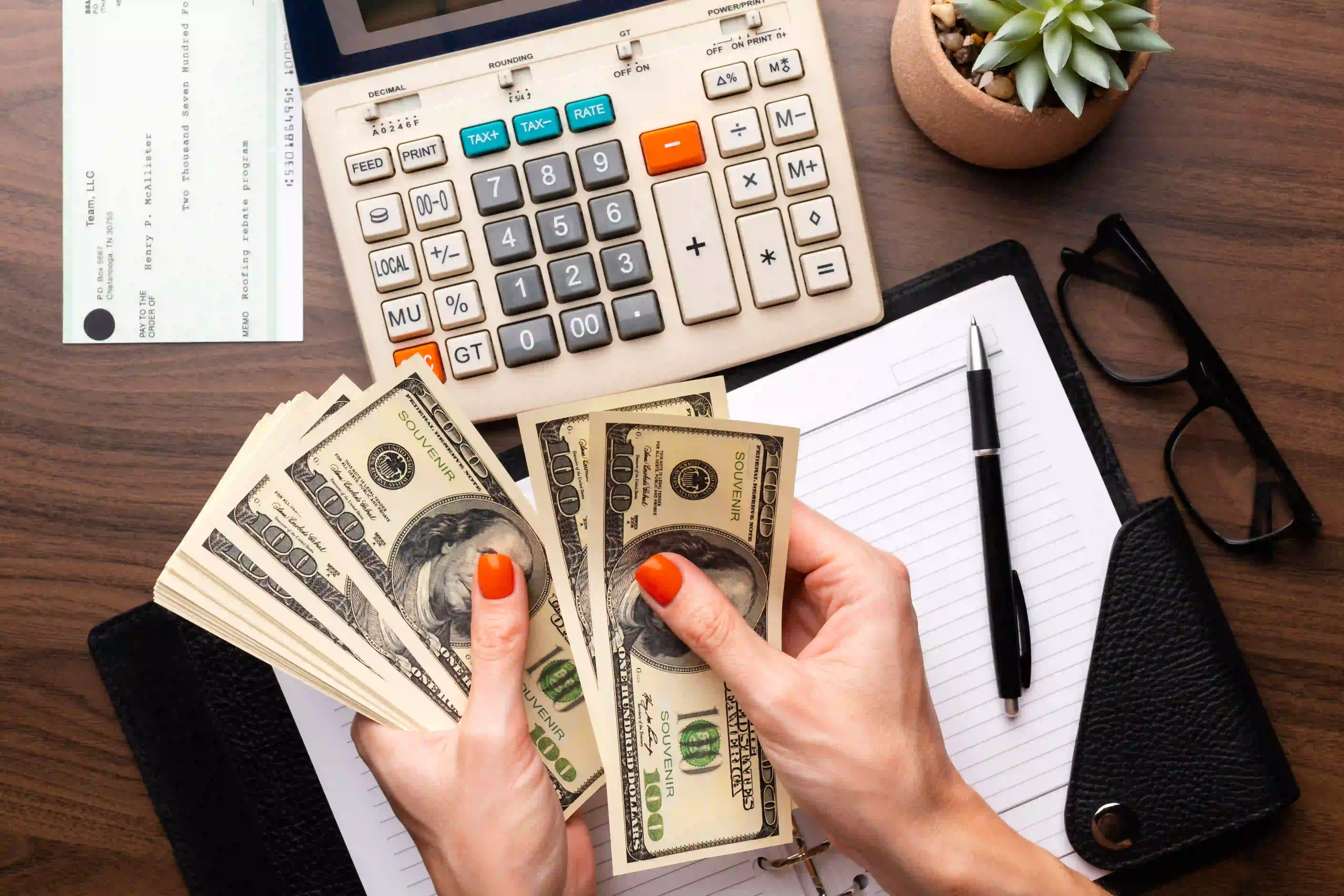Managing your finances has become a must, especially for those who tend to overspend and are indifferent to financial matters. In this regard, you need to be aware of all the expenses you incur. Although larger expenses are often closely monitored, it's the smaller, seemingly negligible expenses that can significantly impact your finances.
So, what are these small expenses that have a big impact on your finances?
Also Read: Living as a Boarder? Check Out These Tips for Managing Expenses Without Going Overboard
1. Small Expenses Add Up
1.1 Coffee

Coffee has become a lifestyle choice for people, whether they are office workers or simply need a boost during social interactions. Many people even order coffee through delivery apps when their homes or workplaces are far from the local coffee shop. From cheap coffee to premium brews, people from various backgrounds are drawn to it.
While a single cup of coffee might seem insignificant at first, frequent coffee purchases can add up quickly. Buying coffee for yourself may not initially appear as a significant expense, with prices ranging from $2 to $5. However, if you make this purchase daily, you could spend $60 to $150 in a month just on coffee.
Therefore, it's necessary to employ strategies to control coffee expenses. You can brew your own instant coffee at home or experiment with making coffee concoctions using affordable ingredients. This way, you can enjoy café-style coffee without breaking the bank.
Also Read: Understanding Coffee Terms That May Still Be Unfamiliar
1.2 Unhealthy Lifestyle Choices
Many people have habits that can be detrimental to their finances, which they may not even realize. Smoking and consuming fast food are examples of these habits. What makes them more challenging is that these behaviors often become daily needs. When you are addicted to them, you feel compelled to buy them, even at the cost of sacrificing a significant portion of your income.
Habits like these can unexpectedly disrupt your cash flow. For example, how much money do you spend on a pack of cigarettes every day? Or how much do you spend on fast food in a week? These amounts may seem small on a daily basis, but when calculated over a more extended period, they can become substantial figures.
To manage your finances better, you first need to identify and control these habits. It may require discipline and strong determination, but it's worth it. Try reducing your cigarette consumption or fast-food intake, or even aim to eliminate them altogether.
Apart from affecting your cash flow, these habits can also harm your health. Smoking, for instance, is a leading cause of various serious health issues. By eliminating or reducing these habits, you not only save money but also improve your health.
Also Read: This is Kate Middleton's Dukan Diet, Looking Great Despite Having 3 Children
1.3 Dining Out
The trend of dining out has gained immense popularity among today's younger generation. Whether it's to meet friends or for the sake of convenience, dining out has become a daily routine. However, you may not realize that dining out frequently can significantly inflate your expenses.
Roughly estimating, a single dining-out experience can cost around $5 to $10. Imagine if you do this every day for a week. In seven days, you'll already have spent $35 to $70 just on dining out. In a month, this amount can become a worrisome figure, reaching $1400 or more, especially if you also have a habit of ordering snacks between meals.
Therefore, it's crucial to assess and reduce your dining-out expenses. This doesn't mean you have to entirely avoid eating out, but you can take smart steps to save money. You can cook at home or bring your own packed lunch when you're on the go. You can also limit the frequency of eating out.
1.4 ATM Admin Fees
ATM admin fees are a prime example of small expenses that, when overlooked, can have a big impact on your finances. Every time you withdraw cash or check your balance at a non-bank ATM, you may incur an admin fee. If you perform these transactions several times a month, these fees can accumulate rapidly.
For some people, visiting non-bank ATMs is not a rare occurrence. If you often withdraw cash or check your balance at such ATMs, admin fees can pile up numerous times in a month. Although the cost of a single transaction may seem small, when added up, these fees can result in significant monthly expenses.
Expenses related to ATM admin fees, though appearing small individually, can disrupt your monthly financial budget. It's an expense often overlooked, and people may not realize how much money they've spent just on ATM admin fees.
1.5 Cheap Snacks
Frequently, you might be tempted by inexpensive snacks available in your vicinity, such as street vendors near your home or low-priced cafeteria food. Even though these snacks are reasonably priced, buying them in quantity inadvertently leads to a considerable expenditure.
Cheap snacks often seem irresistible due to their affordability. However, if you buy them frequently, even if they cost only a few dollars each time, the cumulative cost can result in unexpected expenses. If you purchase them every day, every week, or even several times a day, this spending can become a substantial financial burden.
Moreover, you tend to buy cheap snacks without much thought. You might not pay too much attention to the amount you're spending on each small purchase. However, when viewed as a whole, you might be surprised at the total expenditure.
2. Trimming Your Expenses
2.1 Keep Track of Expenses
Keeping a record of your expenses helps you understand your cash flow. It allows you to identify your major expenses and spot the 'unnecessary' expenses, whether they are small or large. By recording your expenses, you can recognize and analyze expenses you consider unnecessary.
2.2 Seek More Economical Alternatives
Certain expenses, such as groceries and transportation, are unavoidable. However, you can still seek more cost-effective alternatives to minimize your expenses. For instance, you can switch from using your personal car to public transportation or opt for a more fuel-efficient vehicle. Additionally, comparing prices at different supermarkets can help you buy more affordable goods.
2.3 Don't Forget to Save

Despite your efforts to reduce expenses, it's important not to forget about saving. Saving is a crucial step in building financial stability and preparing for emergencies. Allocate a portion of your successfully reduced expenses to a savings or investment account. This will help you create an emergency fund you can rely on when needed and work towards your long-term financial goals.
Also Read: The Zodiac and Dating: Understanding the 12 Signs
By applying these strategies, you can manage your finances more effectively, control your expenses, and open up opportunities for better savings and investments. Wise financial management is the first step toward improved financial stability.
BFI Finance is a company that provides multi-purpose loans with guarantees for motorbike bpkb, car bpkb, and house or shophouse certificate







